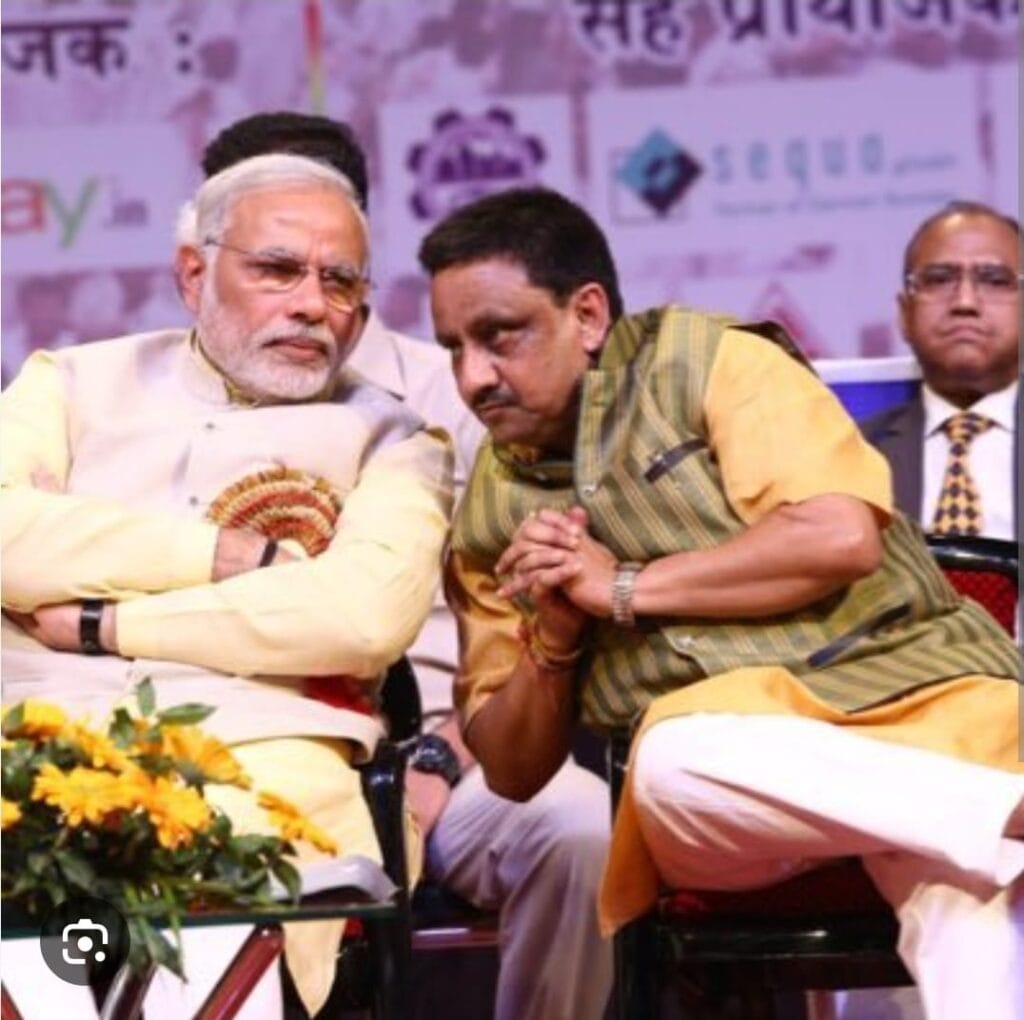The ongoing debate over India’s delimitation process has intensified, with Bharatiya Janata Party (BJP) Member of Parliament Praveen Khandelwal accusing opposition parties of politicizing the issue to safeguard their diminishing influence. Khandelwal asserts that the opposition’s objections are unfounded and stem from their apprehension about losing political ground.

Understanding Delimitation in India
Delimitation involves redrawing the boundaries of electoral constituencies to ensure equitable representation based on population changes. In India, this exercise is conducted by the Delimitation Commission, an independent body established under the Delimitation Commission Act. The commission’s orders are legally binding and cannot be challenged in court. Historically, delimitation exercises were carried out in 1952, 1963, 1973, and 2002. The current boundaries are based on the 2001 census, with the next delimitation slated for after 2026, following the first census conducted post-2026.
Opposition’s Concerns
Opposition parties, particularly from southern states like Tamil Nadu, have voiced concerns over the delimitation process. They fear that reallocating parliamentary seats based on updated population data could diminish their representation in the Lok Sabha. Tamil Nadu Chief Minister M.K. Stalin has been at the forefront of this opposition, arguing that states which have successfully implemented family planning and controlled population growth should not be penalized with reduced parliamentary representation.
The apprehension stems from demographic shifts; northern states have experienced higher population growth compared to their southern counterparts. As a result, a population-based reallocation could increase parliamentary seats for northern states while reducing those for southern states, potentially impacting the political balance in the country.
Praveen Khandelwal’s Counterarguments
Praveen Khandelwal has dismissed the opposition’s concerns, stating that the delimitation process follows a well-established and transparent procedure. He accuses opposition leaders, including M.K. Stalin, of unnecessarily politicizing the issue to maintain their political relevance. Khandelwal emphasizes that the Modi government has ensured balanced development across all states, irrespective of their political affiliations. He suggests that the opposition’s resistance to delimitation is a tactic to divert attention from their declining political influence and to create regional divisions.
The North-South Divide
The delimitation debate has brought to the forefront the longstanding north-south divide in India. Southern states, known for their higher economic contributions and better social indicators, fear marginalization in national politics due to their slower population growth. They argue that their efforts in population control and development should be rewarded, not result in reduced political representation.
Conversely, northern states contend that their larger populations warrant greater representation to ensure that the principle of “one person, one vote” is upheld. This demographic disparity poses a challenge to achieving a balance between equitable representation and rewarding states for effective governance and development policies.
Legal and Constitutional Framework
The Indian Constitution mandates periodic delimitation to reflect population changes and ensure fair representation. However, amendments have deferred this process to maintain a balance between population representation and encouraging family planning measures. The 84th Amendment, for instance, postponed delimitation until after the 2026 census to prevent states with higher population growth from gaining disproportionate influence.
Political Implications
The delimitation process has significant political ramifications. For the BJP, which has a strong base in northern states, a population-based reallocation could potentially increase its parliamentary strength. This prospect raises concerns among opposition parties, especially those dominant in southern states, about the centralization of power and the potential dilution of regional voices in national policymaking.
Conclusion
The discourse surrounding India’s delimitation process encapsulates the complexities of balancing demographic representation, regional interests, and political strategies. While the opposition’s concerns highlight the need for a nuanced approach that considers both population dynamics and developmental achievements, Praveen Khandelwal’s assertions reflect the ruling party’s commitment to adhering to constitutional mandates. As India approaches the 2026 census and the subsequent delimitation exercise, it is imperative for all stakeholders to engage in constructive dialogue to ensure that the process strengthens the democratic framework and promotes equitable representation across the nation.